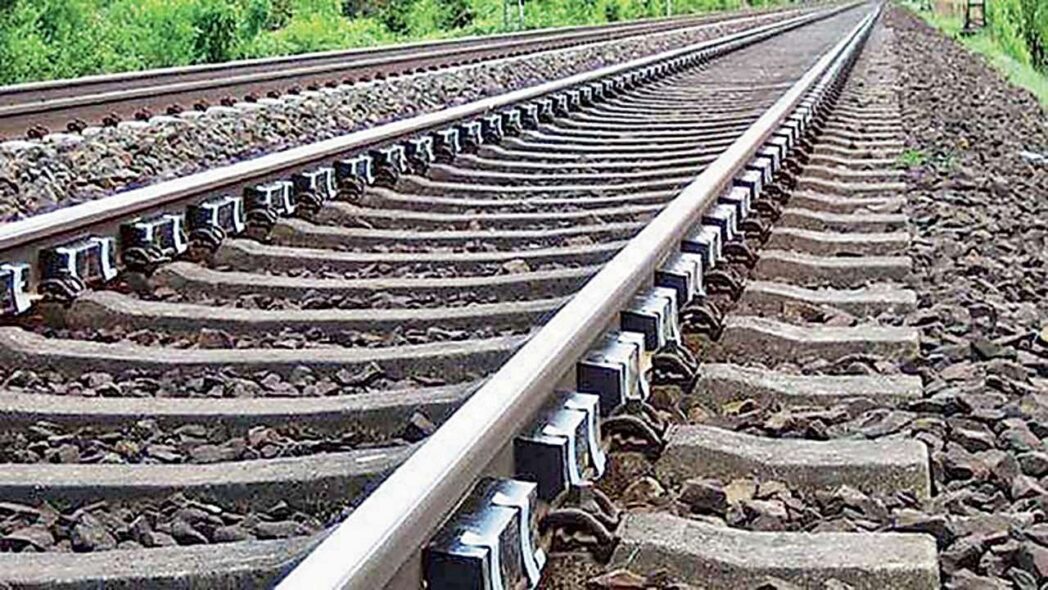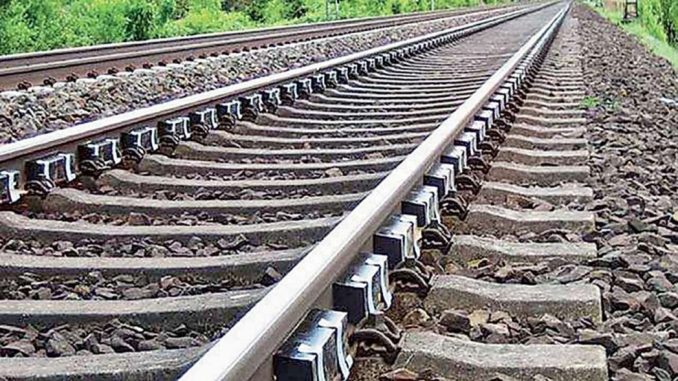

It is no longer news that the Eastern Rail Corridor Project, initiated during President Muhammadu Buhari’s administration, which sought to link the South Eastern part of Nigeria to the rest of the nation, has been largely abandoned. This refers to the rail corridor stretching from Port Harcourt to Aba, Enugu to Benue, and up to Maiduguri.
The Port Harcourt to Aba section has been completed after significant delays, and it seems that this is as far as the Nigeria Railway Corporation (NRC) can go. There has been no explanation as to why the rest of the corridor has been neglected.
The benefits of an effective rail system in any society cannot be overstated. For instance, the ease of cargo and commuter transportation is self-explanatory and requires little elaboration. However, for the sake of clarity, it is important to point out that the sheer volume of passengers and cargo a single locomotive can transport at any given time is incomparable to the number of vehicles that would be required for the same task. The result is that our roads would be relieved of heavy-duty trucks, which are often the source of traffic gridlocks and, more tragically, accidents.
Fuel tankers frequently cause disasters on our roads, with incidents often leading to devastating fires and the loss of lives. Such horrific occurrences could be averted if a reliable railway service were in place. Additionally, the lifespan of our roads is shortened due to the wear and tear caused by the weight of these trucks.
So, why has the Federal Government, through the Nigerian Railway Corporation (NRC), allowed this important project, the Eastern Rail Corridor, to languish? We understand that the railway linking Minna in Niger State to the Niger Republic has been completed, so what, then, has been the rationale for neglecting the South Eastern Region? Have its people committed an offence that justifies this neglect?
The old saying, “Charity begins at home,” seems to ring particularly true here. Why should Nigeria’s charity begin abroad when the welfare of its own citizens remains in such jeopardy?
An effective rail system also has an added benefit: a reduction in crime. Train attacks by criminals are extremely rare, especially when compared to the frequency of road attacks. This is perhaps due to the substantial and formidable nature of trains, along with their structured operations, which make them difficult targets for criminal activity.
All things considered, such a transportation system should be encouraged. The most fundamental way to do so is by completing its corridors before investing in locomotives. When the colonial powers first arrived in Africa, including Nigeria, in the mid-15th century, one of their first initiatives was the construction of a railway system to facilitate the movement of agricultural produce from the hinterlands to the coast. To this day, Western nations operate efficient rail systems.
Yet, here we are in Nigeria, where the system that was once established for our benefit has been neglected for no justifiable reason. It is well-documented that in other parts of the world, people can live as far from their workplaces as Enugu and still commute to places like Port Harcourt, thanks to the modernisation of their rail services.
Where did we go wrong? Is it really such a difficult task to complete or rehabilitate the colonial-era railway infrastructure that was bequeathed to us? Much like the East-West Road and Ajaokuta Steel projects, these important national undertakings have been left to languish with no satisfactory explanation.
Therefore, we call on the Federal Government, the Nigerian Railway Corporation, and all other relevant bodies to rise to the occasion and take the necessary steps to bring the Eastern Rail Corridor to completion. No excuse, however valid it may seem, should be accepted, as this neglect reflects a fundamental failure in the performance of their duties.
The political will must be generated to ensure that this project is seen through to completion. The time for action is now!
.png)









 English (US)
English (US)